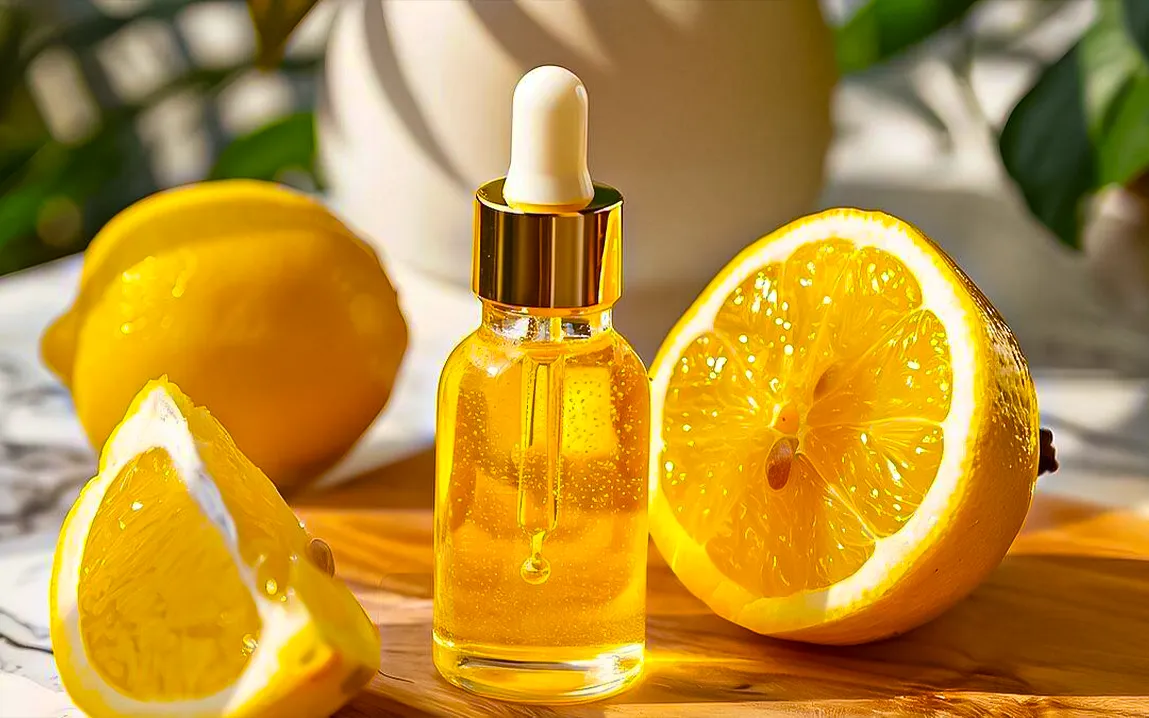Dry mouth, a recalcitrant side effect that affects up to 70% of patients treated for head and neck cancers, may make even the most basic activities—talking, eating, or even sleeping—a painful battle for thousands of cancer patients receiving radiation therapy.
However, they may soon find comfort, thanks to a natural citrus discovery.
By mixing limonene, a naturally occurring citrus oil present in oranges, lemons, and limes, with lipid-based molecules that significantly improve the body’s absorption of it, researchers from Stanford University and the University of South Australia have developed a novel dry mouth remedy.
“Without the unpleasant side effects of previous treatments, this creative formula may provide a much-needed remedy for cancer patients experiencing dry mouth,” said Leah Wright, a professor and co-researcher at the University of Adelaide.
The formula’s ability to convert limonene into a highly absorbable, body-friendly state is what makes it so effective. Despite its reputation for increasing saliva and facilitating digestion, traditional limonene has drawbacks. Excessive dosages can cause gastrointestinal distress and the notorious “citrus burps.”
In preliminary laboratory experiments, researchers enhanced limonene’s solubility by 180 times and its absorption by more than 4000% by combining it with healthy fats.
The Director of Nanostructure and Drug Delivery at the University of South Australia, lead researcher Clive Prestidge, stated: “Limonene’s therapeutic potential is well-documented, but its poor solubility limited its use until now.” The game is altered by this formula.
Dry mouth, a condition in some medical circles also known as xerostomia, severely compromises a patient’s quality of life during an already stressful time by interfering with speech, nutrition, sleep, and oral health, as well as causing discomfort while swallowing.
In addition, while limonene has for years shown promise as a saliva incretor, it hasn’t yet achieved widespread therapeutic approval until now.
As Wright describes it, “this new approach ensures the limonene reaches where it’s needed the salivary glands.” “It could significantly enhance oral health and comfort during treatment.”
The research, published last week in the International Journal of Pharmaceutics, paves the way for larger clinical trials and field tests. The recipe could be a standard natural aid in cancer treatment toolboxes worldwide if the findings are reproducible.



